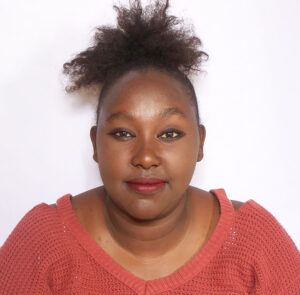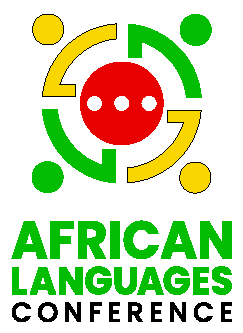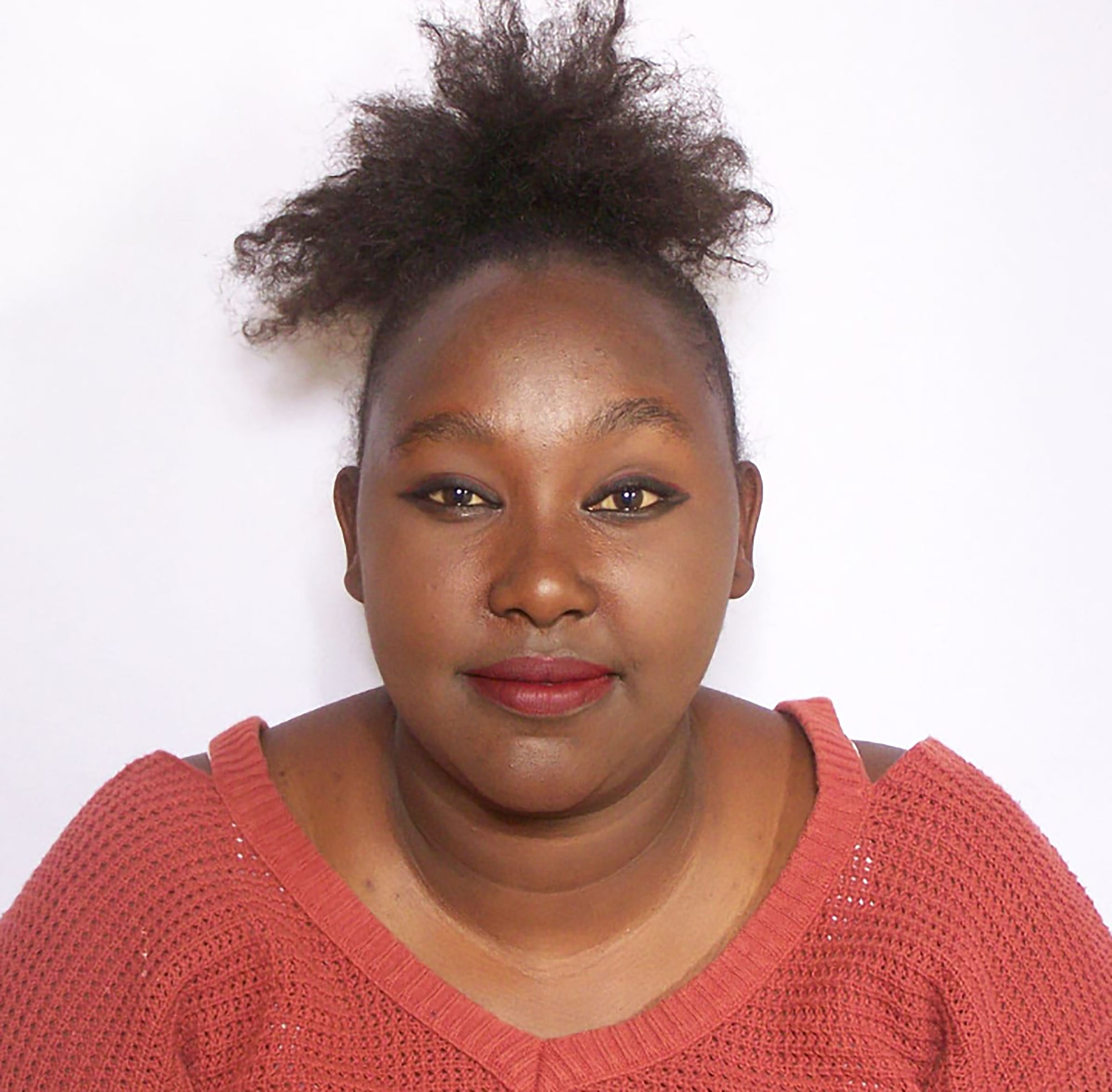
Juliana Kageni Moshiro is the granddaughter of the only remaining fluent speaker of the Yaaku language who is 113 years old. Juliana teaches the language at the Center for Hope and Revitalization of Yaaku. As the only fluent speaker of the Yaaku language amongst the younger generation, she is passionately dedicated to its revival and preservation, recognizing its critical role in preserving the cultural heritage of the Yaaku people.
Yaaku is an extremely endangered language spoken in Kenya, the most recent estimate from 2016 shows that the language has approximately 10 people who speak the language fluently. In this series to showcase the work of African language activists, Juliana shares with us her journey of revitalizing the Yaaku language.
What inspired you to become a language activist and what drives your passion for teaching and documenting the Yaaku language?
“My inspiration stems from a deep connection to my heritage and the urgent need to preserve endangered languages. I believe that technology can bridge gaps, making languages accessible and relevant for future generations, which drives my passion for creating Yaaku language resources.”
Can you tell us about your current project(s) and their potential impact?
“I am currently involved in developing digital resources for Yaaku, including dictionaries, language learning apps, and educational materials. These projects aim to empower the Yaaku community, foster intergenerational language transmission, and encourage younger speakers to engage with their linguistic heritage.”
Can you share a success story or a challenging experience in your language preservation efforts?
“My efforts in revitalizing the Yaaku language have seen remarkable successes. Among the most encouraging stories is the progress of my sister Rachael Malka Mpeletian CEO of indigenous young moms, who actively contributes to the initiative. Together, we have created a vibrant learning environment where pupils are not only learning to converse in Yaaku but also fostering a sense of cultural pride.”
Use of Songs in Language Learning
“The integration of music has proven particularly effective. Local artists have composed songs in Yaaku, making language acquisition enjoyable and engaging. Currently, 42 pupils can confidently sing in the Yaaku language, illustrating how music serves as a powerful tool for learning and cultural expression.”
Word Forest Dictionary Initiative
“Another innovative project is the “Word Forest Dictionary.” This initiative utilizes environmentally friendly metallic cards to teach language in a context-rich environment. As participants grow tree seedlings, they tag each one with a card displaying the name in Yaaku on one side and English on the other. This method not only enhances pronunciation but also connects language learning with environmental conservation. The cards are placed throughout the Mukogodo Forest, turning the area into a dynamic learning center. This project serves a dual purpose: educating the community about the Yaaku language while promoting the conservation of indigenous species that are integral to their cultural identity.
These efforts collectively contribute to a broader goal of cultural preservation and environmental stewardship. By intertwining language learning with ecological initiatives, my community and I are fostering a deeper connection between the Yaaku language, the environment, and the younger generation. This holistic approach ensures that both the language and the cultural practices associated with it can be revitalized and sustained for future generations.”
Success Stories and Challenges in Teaching Yaaku
“One success story involves a community workshop where I taught children basic Yaaku vocabulary through interactive activities, sparking enthusiasm among them. A challenging experience was trying to engage older generations who had assimilated into dominant languages, requiring sensitive approaches to rekindle their interest in Yaaku.”
What role do you think Languages play in African Identity and Culture?
“Languages are vital to African identity and culture, encapsulating unique worldviews, histories, and traditions. They serve as vehicles for cultural expression and community cohesion, making their preservation essential for maintaining cultural diversity.”
What are the Significant Challenges Facing the Yaaku Language?
“The most significant challenge for the Yaaku language is the dwindling number of fluent speakers and the encroachment of dominant languages, leading to language shifts among younger generations. This poses a threat to its survival and the cultural practices associated with it.
We also have a big struggle in reaching the whole community at large due to a lack of resources to facilitate group studies as most can’t come to study the language in our learning center Yaaku Centre of Hope which is a central place we are divided into four Zones, where many wish to avail themselves but due to lack of facility to host six thousand people we just do 300 pupils.”
How can we support and Amplify the work of African Language Activists and Technologists?
“Support can come in various forms, including funding language projects, partnerships with educational institutions, and raising awareness about the importance of linguistic diversity. Engaging local communities in language preservation initiatives and promoting the use of African languages in technology can amplify these efforts.
In addition to my language preservation work, I advocate for the rights and well-being of Indigenous and hunter-gatherer communities, focusing on climate resilience, agroecology, food security, and women’s empowerment. My commitment to cultural preservation is evident through my initiatives to revitalize our endangered language and culture, which are at risk of disappearing. I believe this language is a vital carrier of traditional knowledge essential for maintaining community identity. In my work on climate resilience, I equip Indigenous communities with tools and knowledge to adapt to climate change, integrating traditional ecological knowledge with modern practices to create sustainable solutions for environmental challenges.”

